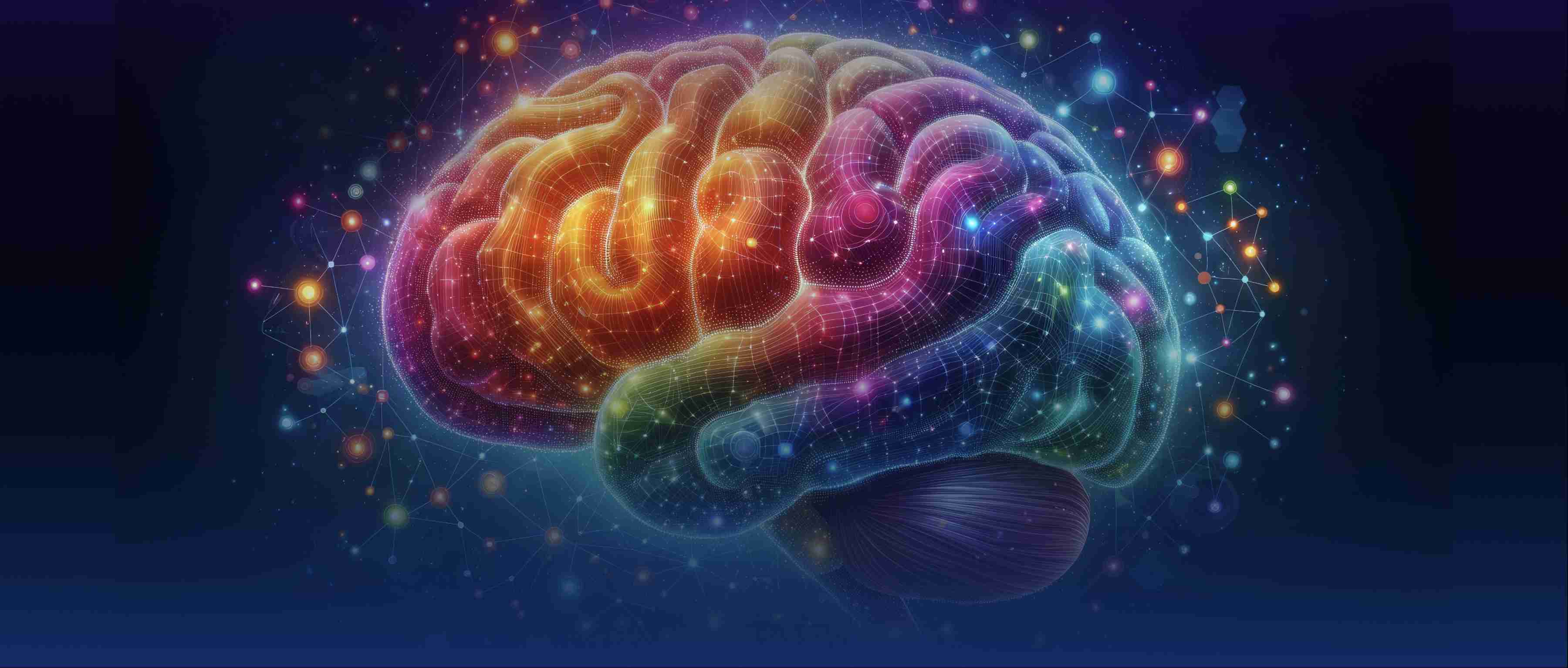Balancing precision and recall in a retrieval-augmented generation (RAG) system involves trade-offs between retrieving enough context for accuracy and avoiding irrelevant noise. Precision measures how many retrieved documents are relevant, while recall measures how many relevant documents are retrieved. Tuning the retriever to prioritize one impacts the quality and reliability of the generator’s output.
If you retrieve many documents (high recall), the generator has more context to work with, which can improve answer completeness. However, this risks including irrelevant or low-quality passages, which might mislead the generator or introduce contradictions. For example, in a question-answering task about a specific event, retrieving 20 documents could provide diverse perspectives but might also include outdated or conflicting details. The generator might struggle to synthesize a coherent answer, leading to verbose or inconsistent outputs. Conversely, retrieving few highly relevant documents (high precision) reduces noise, making it easier for the generator to focus on accurate information. But this risks missing critical context. For instance, if a query requires combining information from multiple sources (e.g., summarizing a technical process), retrieving only 2-3 documents might omit key steps, leading to incomplete or oversimplified answers.
To balance these metrics, developers often adjust the retriever’s similarity threshold or the number of documents (k) retrieved. A middle-ground approach is to use dynamic retrieval: start with a higher k to maximize recall, then apply a reranker to filter low-confidence documents before passing them to the generator. For example, retrieve 10 documents, rerank them to keep the top 5, and let the generator process those. This balances breadth and relevance. Additionally, evaluating on domain-specific benchmarks helps identify the optimal k or threshold. If the downstream task prioritizes factual correctness (e.g., medical QA), higher precision with stricter thresholds is better. For open-ended tasks (e.g., brainstorming), higher recall with more documents might be preferable despite the noise.
